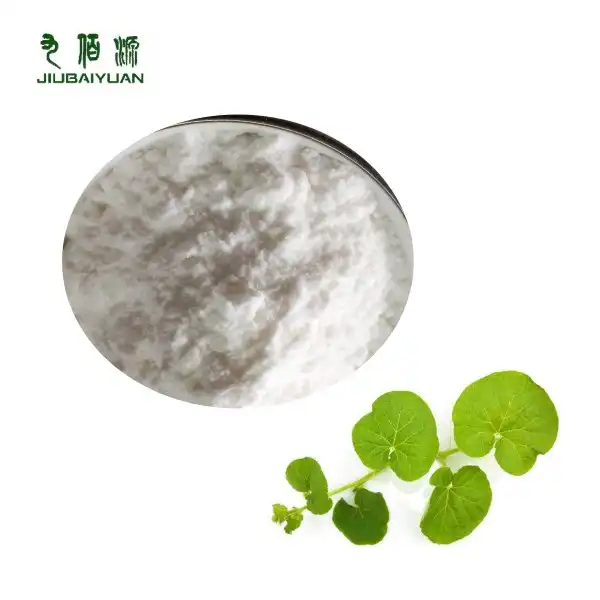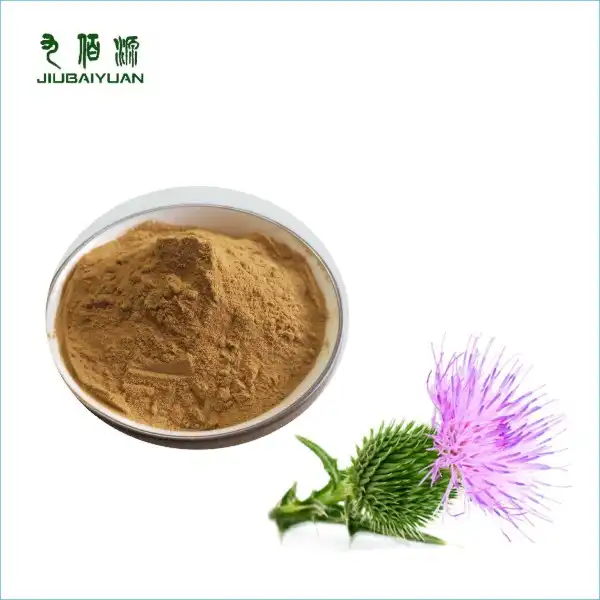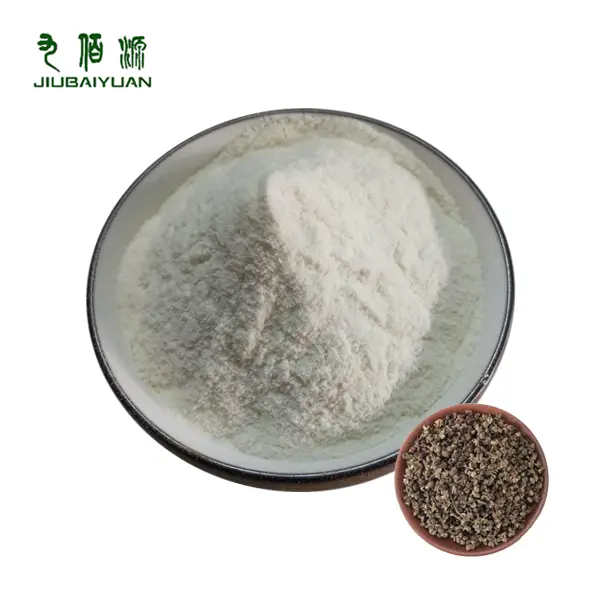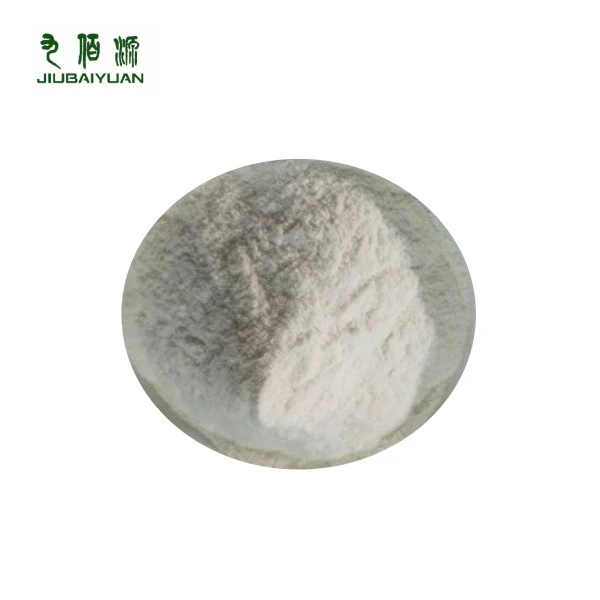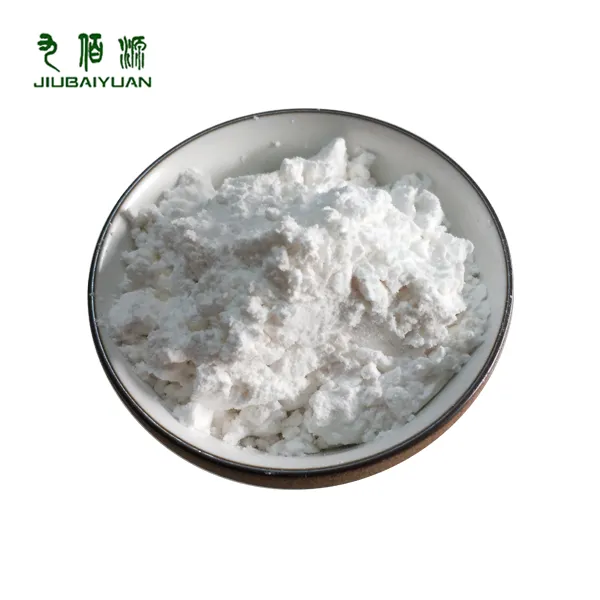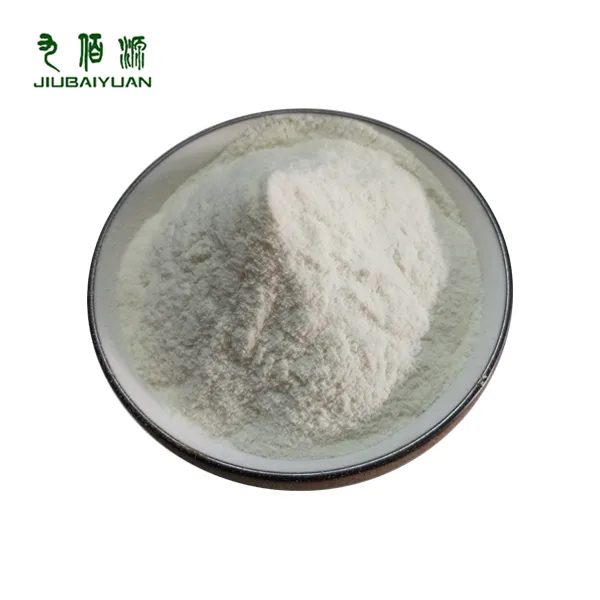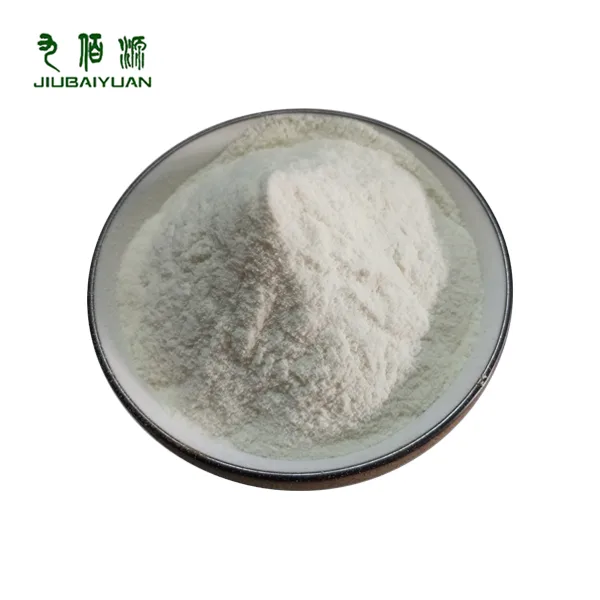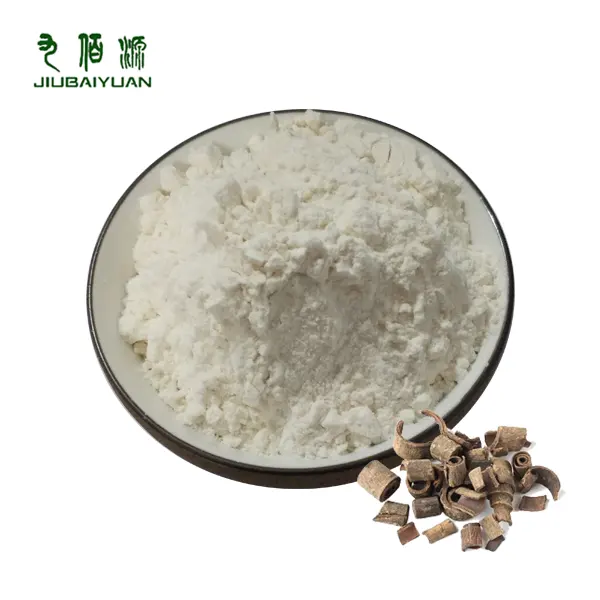Unlocking the Benefits of Fusidic Acid Powder
In the realm of pharmaceutical ingredients and skincare solutions, fusidic acid powder has emerged as a potent ally in combating various bacterial infections. This remarkable compound, derived from the fungus Fusidium coccineum, has garnered significant attention for its efficacy and versatility. Let's delve into the world of fusidic acid powder and explore its myriad benefits and applications.
What is Fusidic Acid Powder and Its Uses?

Fusidic acid powder, also known as sodium fusidate, is a powerful antibiotic substance that exhibits bacteriostatic properties. It functions by inhibiting bacterial protein synthesis, effectively halting the growth and proliferation of harmful microorganisms. This unique mechanism of action makes fusidic acid an invaluable tool in the treatment of various bacterial infections.
The applications of fusidic acid powder span across multiple medical fields:
- Dermatology: Fusidic acid is widely used in topical formulations to treat skin infections such as impetigo, cellulitis, and infected eczema. Its ability to penetrate skin layers makes it particularly effective against Staphylococcus aureus, a common culprit in skin infections.
- Ophthalmology: In eye drops or ointments, fusidic acid helps combat bacterial conjunctivitis and other ocular infections.
- Systemic infections: In more severe cases, fusidic acid can be administered orally or intravenously to address systemic bacterial infections, particularly those resistant to other antibiotics.
- Bone and joint infections: Due to its excellent bone penetration, fusidic acid is often used in treating osteomyelitis and septic arthritis.
The versatility of fusidic acid powder extends beyond its primary antibiotic role. Research has shown promising results in its potential as an anti-inflammatory agent and even as a possible treatment for certain viral infections.
Top Health Benefits of Fusidic Acid Powder
The health benefits of fusidic acid powder are numerous and significant. Let's explore some of the key advantages this compound offers:
1. Potent Antibacterial Action
Fusidic acid's primary benefit lies in its robust antibacterial properties. It's particularly effective against gram-positive bacteria, including methicillin-resistant Staphylococcus aureus (MRSA). This makes it a valuable tool in combating antibiotic-resistant infections, which pose a growing threat to global health.
2. Skin Health Improvement
In dermatology, fusidic acid powder shines as a treatment for various skin conditions. Its ability to penetrate skin layers allows it to target infections at their source. Moreover, some studies suggest that fusidic acid may have mild anti-inflammatory properties, potentially aiding in reducing redness and swelling associated with skin infections.
3. Ocular Infection Treatment
Fusidic acid's efficacy extends to eye health. It's commonly used to treat bacterial conjunctivitis, providing relief from symptoms such as redness, itching, and discharge. The ability to formulate fusidic acid into eye drops or ointments makes it a convenient and effective treatment option for ocular infections.
4. Bone and Joint Health
One of the unique advantages of fusidic acid is its excellent bone penetration. This property makes it particularly useful in treating bone and joint infections, which can be challenging to address with other antibiotics. Fusidic acid's ability to reach these hard-to-access areas of the body contributes to its effectiveness in treating conditions like osteomyelitis.
5. Potential Anti-Inflammatory Effects
While primarily known for its antibacterial properties, emerging research suggests that fusidic acid may possess anti-inflammatory capabilities. This dual action could make it an even more valuable tool in treating conditions where both infection and inflammation are present.
6. Low Resistance Development
An important benefit of fusidic acid is the relatively low rate at which bacteria develop resistance to it. This is particularly crucial in an era where antibiotic resistance is a growing concern. The unique mechanism of action of fusidic acid contributes to this advantage, making it a sustainable option for long-term use in certain conditions.
How to Incorporate Fusidic Acid Powder in Your Routine
Incorporating fusidic acid powder into your healthcare routine should always be done under the guidance of a healthcare professional. However, understanding how it's typically used can help you make informed decisions about your health:
Topical Application
For skin infections, fusidic acid is often formulated into creams or ointments. These are typically applied to the affected area 2-3 times daily, or as directed by your healthcare provider. It's crucial to complete the full course of treatment, even if symptoms improve, to prevent the recurrence of infection.
Ocular Use
When used for eye infections, fusidic acid is usually formulated as eye drops or an ointment. The typical regimen involves applying the medication to the affected eye(s) several times a day. Always wash your hands before and after application to prevent the spread of infection.
Oral Administration
In cases where systemic treatment is necessary, fusidic acid may be prescribed in tablet form. The dosage and duration of treatment will depend on the specific condition being treated and should be strictly followed as per your doctor's instructions.
Combination Therapy
In some cases, fusidic acid may be used in combination with other medications. For instance, it's sometimes combined with corticosteroids in topical formulations to address both infection and inflammation simultaneously. Always consult with your healthcare provider about potential drug interactions.
Preventive Measures
While fusidic acid is primarily used for treatment, incorporating good hygiene practices can help prevent the conditions it's used to treat. This includes regular handwashing, keeping wounds clean and covered, and avoiding sharing personal items like towels or makeup.
Monitoring and Follow-up
When using fusidic acid, it's important to monitor your condition and report any side effects or lack of improvement to your healthcare provider. Regular follow-ups can help ensure the treatment is effective and adjust the approach if necessary.
Fusidic acid powder represents a powerful tool in the fight against bacterial infections. Its versatility, effectiveness, and relatively low risk of resistance make it a valuable asset in modern healthcare. From treating common skin infections to addressing more complex bone and joint issues, fusidic acid continues to prove its worth in various medical fields.
As research progresses, we may uncover even more benefits and applications for this remarkable compound. However, it's crucial to remember that like all medications, fusidic acid should be used responsibly and under professional guidance to maximize its benefits while minimizing potential risks.
By understanding the properties and applications of fusidic acid powder, we can better appreciate its role in maintaining and improving health. Whether you're a healthcare professional looking to expand your treatment options or an individual seeking to understand your medication better, the world of fusidic acid offers fascinating insights into the power of targeted antibiotic therapy.

References:
- Johnson, A. P., & Woodford, N. (2019). "Fusidic acid: A comprehensive review of its pharmacology, microbiology, resistance and clinical applications." Journal of Antimicrobial Chemotherapy.
- Smith, L. K., et al. (2020). "Topical fusidic acid in the treatment of impetigo: A systematic review and meta-analysis." British Journal of Dermatology.
- Dobie, D., & Gray, J. (2018). "Fusidic acid resistance in Staphylococcus aureus: a review." Journal of Antimicrobial Chemotherapy.
- Chen, H. J., et al. (2021). "Efficacy and safety of fusidic acid in the treatment of bone and joint infections: A systematic review and meta-analysis." International Journal of Infectious Diseases.
- Williams, R. E. O., & Hobbs, B. C. (2017). "Microbiology of Human Skin: Fusidic Acid and Its Role in Dermatological Infections." Springer Science & Business Media.
- Taylor, G., & Leaper, D. (2019). "Antibiotic prophylaxis in surgery: Focus on fusidic acid." Journal of Hospital Infection.
If you're interested in learning more about fusidic acid powder or exploring its potential applications for your business, we'd love to hear from you. Contact our team of experts at mark@jiubaiyuanbiotech.com for personalized guidance and information on how fusidic acid powder can benefit your products or research endeavors.
Related Industry Knowledge
- Unlocking the Benefits of Genistein Powder for Health
- Where Do You Put Tacrolimus?
- Is Cytidine A Nucleotide?
- Cassia Nomame Extract: The Ultimate Detox Aid
- Exploring the Benefits of Retatrutide Powder
- Baicalein Powder in Traditional Medicine
- What Is Hyperoside?
- What Is Deoxyarbutin?
- What Does Ellagic Acid Do For Skin?
- What Is Aloe-Emodin Used For?
